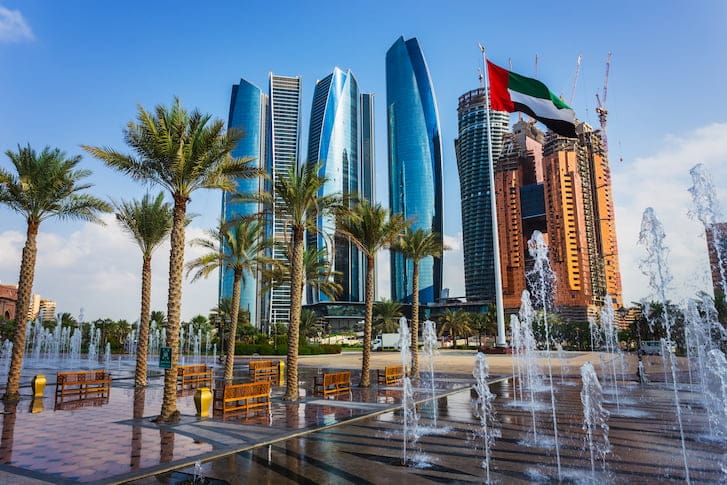WA business has been urged to work together to develop a high-security, military-level road network to enhance the state’s defence supply capacity by enabling the transport of large components at reduced cost and with real-time satellite tracking.
Addressing a CCIWA forum on the state’s growing defence and aerospace sector, WA Senator Slade Brockman listed a grab-bag of infrastructure projects – including a defence project site office at Henderson – that he said needed the collaborative forces of WA business minds to achieve.
“We’re remote – nothing will be delivered to us on a plate. We have to go out to get it,” Brockman said.
Industry-led advocacy of WA’s shipbuilding capabilities had already led to a significant amount of work, with 180 small and medium enterprise businesses involved in supplying just over $600 million in defence contracts every year.
Brockman said that high and wide corridor roads with powerlines removed would allow the transport of large components, such as steel for ships, between Australia’s two shipbuilding hubs – Henderson, in WA, and South Australia.
While there was no funded plan for such a military-specific road, discussion needed to start now.
“We need to make sure that when thinking about the growth corridor, we do so in a holistic way that brings all the players together,” Brockman said.
Curtin University’s Director of Research Initiatives, Tim Walton, told the forum that existing military-specific roads in the US relied on uninterrupted 5G mobile coverage, which enabled sensitive equipment to be tracked while being transported.
Western Roads Federation CEO Cam Dumesny said the tyranny of distance remained WA’s biggest challenge and issues that were holding back productivity and preventing cost reductions included powerlines, which could be buried underground to eliminate height restrictions for large component transportation.
Many people didn’t realise that it cost about $20,000 to lift powerlines to allow large components to travel WA’s regional roads – and this was happening 20 or so times a year. While burying powerlines was expensive, the cost was minor compared to the creation of a new freeway in Sydney, at $515m per kilometre.
“We should be the most effective supply chain in the world,” Mr Dumesny said.
Logistics manufacture in WA, he added, had “lost the plot”.
Mr Walton told the forum that WA had access to the best GPS system in space and Curtin University was working to make it millimetre-perfect. This technology would allow long-haul trucks to travel a military-specific corridor without a driver and with each load monitored.
Mr Dumesny added this would boost productivity because it was hard to find enough drivers willing to do long-haul.
► WA Works is your go-to for updates on supply chain and major project news across five WA sectors — infrastructure, construction, energy, defence and resources. Become a subscriber here today.






